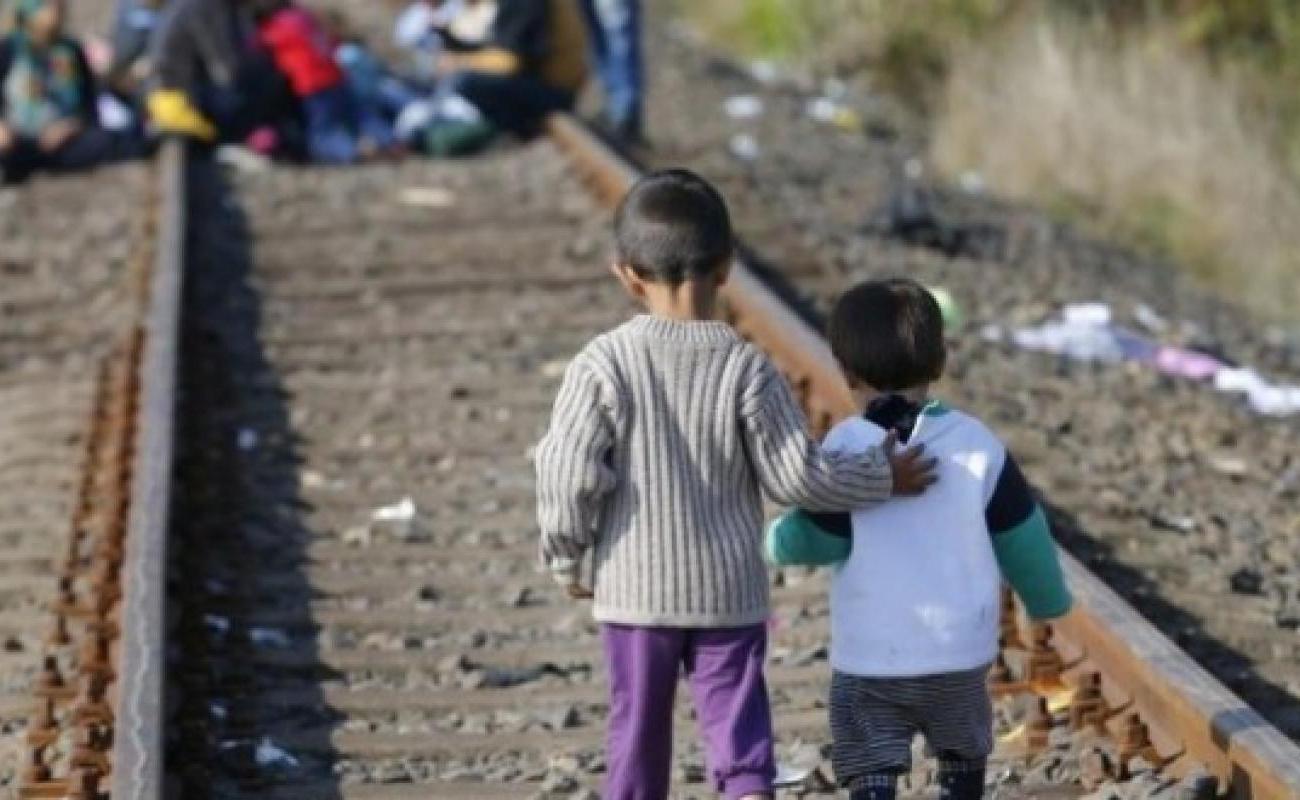Supporting integration of refugee and migrant children in host EU countries
Project is implemented in Croatia, Bulgaria, Hungary, Poland, Romania and Slovak Republic

The war against Ukraine which started in February 2022 triggered one of the fastest-growing humanitarian emergencies in Europe in recent history. Within weeks, over six million people were displaced to neighbouring countries. The vast majority of the affected population are women and children, as well as older people and those with disabilities.
As a result of the war, a significant number of children from Ukraine are arriving in the EU without either of their parents or with an adult who has been formally assigned legal responsibility for them. The age range includes many unaccompanied and separated children, who are much younger than the teenagers who are typically seeking asylum in the EU. There is a large number of children with physical, emotional, psychological and educational special needs, who are coming from various forms of alternative care, particular, large-scale institutional care in Ukraine.
Many children may be travelling with adults who are not their parents. In these situations, it can prove difficult to identify these children as being separated from their primary caregivers and to mitigate risks. Many may have arrived without formal guardianship arrangements in place but may have a notarized authorization from both or one parent to travel with another adult. Moreover, as time passes, the arrangements put in place by a parent(s), which may have been envisaged to be temporary or limited in their scope, may also become unsustainable or inappropriate. Procedures need to be put in place to ensure that every child remains safe if they cross internal EU borders into states with different legal and child protection systems.
To support authorities and other stakeholders in EU countries hosting Ukrainian refugee children and their families and to strengthen mechanisms, system, services and infrastructure to better respond to the needs and rights of refugee and migrant children from Ukraine and other countries, Swiss State Secretariat for Migration SEM and UNICEF Regional Office for Europe and Central Asia have designed an emergency project. This project is funded by the Swiss Government.
The project is targeting the most vulnerable children, in particular unaccompanied and separated children, children evacuated from institutions, children from vulnerable households, children with disabilities and other complex needs.
The project will be implemented in collaboration with national and sub-national authorities in 6 EU countries (Bulgaria, Croatia, Hungary, Poland, Romania, and Slovak Republic).
